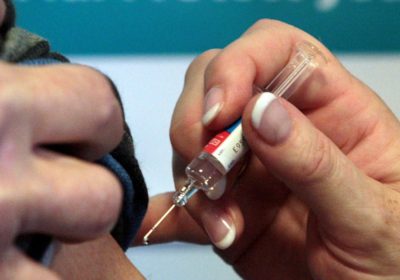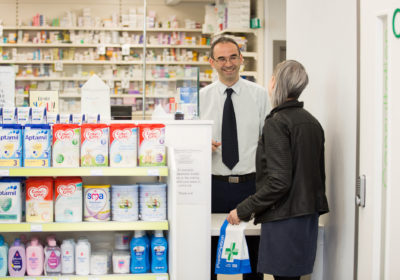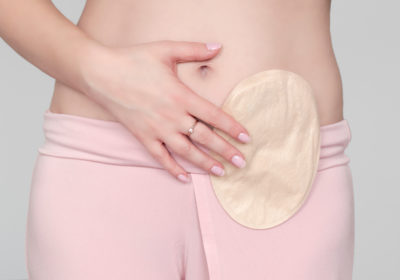Children are suffering from an oral hygiene crisis, leading to dental pain, missed school, bullying and social exclusion.
That is the damning finding of the report by Beauty Banks and the British Dental Association (BDA), following research to understand the impact of the Cost of Living Crisis on the oral health of students and on the role of teachers in classrooms across Britain.
The BDA is the trade union and professional body which has represented dentists and dental students since 1880. Beauty Banks supports individuals and families in the UK who can’t afford to stay clean. It works with other charities including food banks, family centres, domestic abuse centres, homeless shelters and found toothpaste is now their most requested item.
Their report ‘The tooth hurts – smiles shaped by poverty’ found:
- 81% said there are children in their school who don’t have regular access to toothpaste
- 40% said this leads to students being socially excluded by their peers
- 83% say they or their school have given students toothbrushes and toothpaste
- 1 in 2 said children isolate themselves because of oral hygiene issues
- One third have witnessed bullying directly due to a student’s oral hygiene issues
- 25% say children miss school as a result of poor oral hygiene
- 74% said children who don’t have regular access to oral health products have discoloured teeth
- One half said children have noticeable tooth decay
- 30% say children are in dental pain
- 50% have noticed them suffering from halitosis.
Beauty Banks co-founder Sali Hughes said the oral hygiene crisis was inevitably creating a more challenging working environment for teachers: “Our teaching workforce spends a
significant amount of time dealing with the impact of poverty on pupils, that they want to spend educating their classes. Hygiene poverty causes not only social exclusion in children but in educational exclusion too.”
Of the teachers who said they witnessed poverty in the classroom:
- 31% say it affects their mental health
- 1 in 4 are kept awake at night worrying about their students’ wellbeing
- 38% feel helpless.
The report said tooth decay remains the most common reason for hospital admissions among young children. According to the BDA, it has reached epidemic levels, with any recent gains set to be undone by ongoing access problems and disruption to public health programmes.
British Dental Association Chair Eddie Crouch said: “Our youngest patients face a perfect storm, with millions unable to access care, or even the basics to maintain good oral health. This shocking survey underlines that deep health inequalities are set to widen. Yet while our children face an epidemic of decay, the government seems asleep at the wheel.”
The latest NHS dental statistics indicate that just 44.8% of children attended a dentist appointment in the last year, down from 58.7% in 2019/20, a net result of the pandemic disruption
Paul Woodhouse, a dentist in Stockton-on-Tees, said: “Nearly every patient coming through is telling us they’re feeling the pinch. We’re seeing a spike in last-minute cancellations. Others choose extractions simply because it’s cheaper than treatment that could save a tooth. Appointments are hard to come by, but for many on modest incomes, dentistry is becoming a luxury they simply can’t afford.”
Researchers spoke to 260 UK state secondary school teachers and the full report can be downloaded here.






